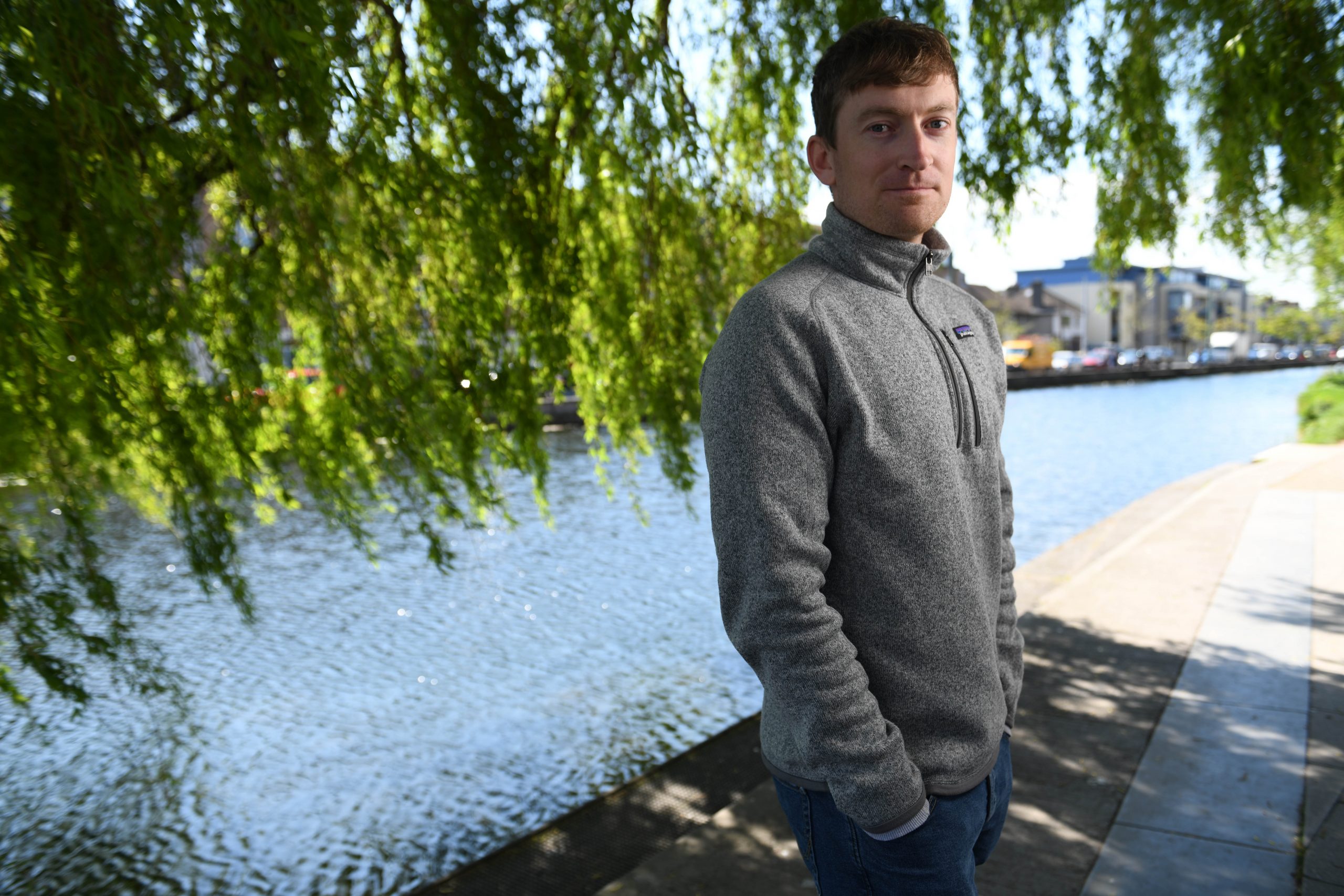For Conor Lyden, the transition from penniless college student to penniless founder was relatively seamless. Leaving University College Cork (UCC) in 2016 with a bachelor’s degree in civil engineering, he considered going down the route of working in a professional services firm, but decided to dedicate a year to building his own business first. Setting out, he decided to solve a problem he had faced when trying to buy football tickets, or sell his grandfather’s car through online marketplaces. Lyden wanted to eliminate the risk of handing over an envelope of cash in a carpark, or the chilling factor of…
Cancel at any time. Are you already a member? Log in here.
Want to continue reading?
Introductory offer: Sign up today and pay €200 for an annual membership, a saving of €50.

